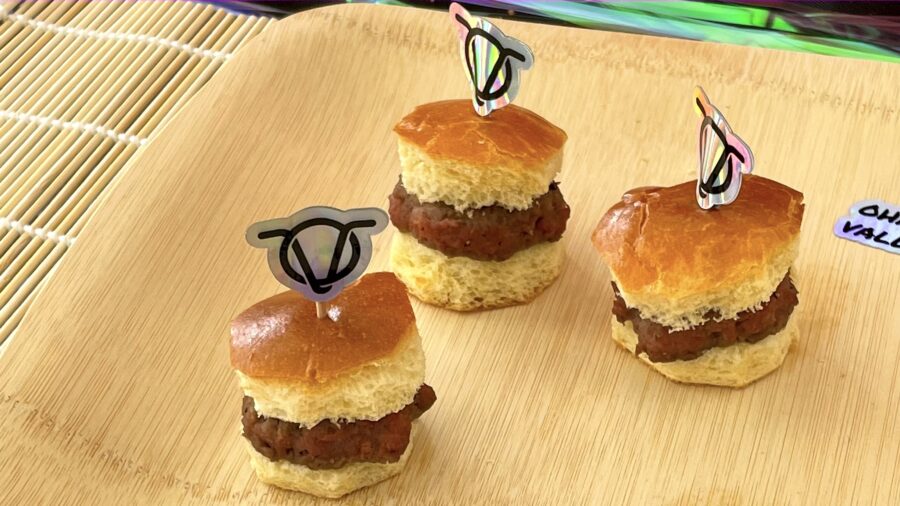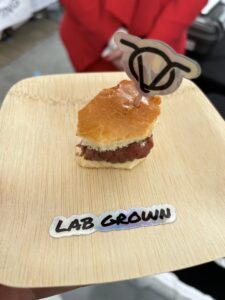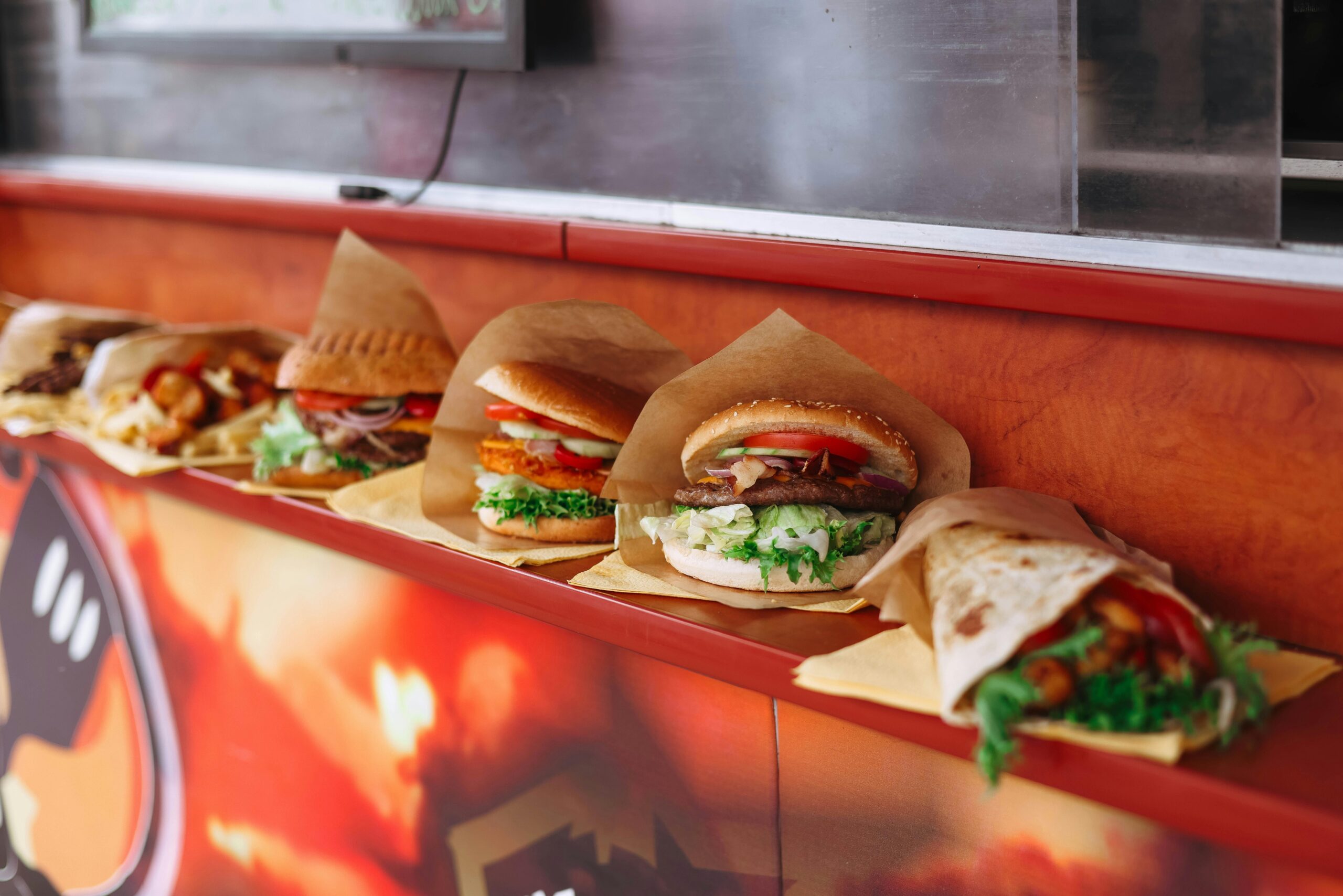BROOKLYN, NY — “I grew these cells myself,” Dr. Jess Krieger told me proudly, as I chewed the lab-grown wagyu slider she had handed me to taste test.
“At home?” I joked, trying to savor the taste of the cultivated meat a moment longer before asking a more legitimate interview question. “Well, at the lab,” she replied, “which is basically where I live.”
As the founder and CEO of Ohayo Valley, Dr. Krieger has developed a proprietary scaffold-free meat structuring technology she uses to create “cultivated meat products that are better than conventional meat.”
THE TASTE OF REAL MEAT
Last month, at the Vegan Women Summit in Brooklyn, NY, I tried Ohayo’s very first product—the WagyuMe burger, a blend of plant-based proteins and fat combined with lab-grown wagyu cells. Not yet available for public consumption, the cultivated burger was buttery and tender, with a luxurious, melt-in-your-mouth quality.
As a lifelong vegetarian, I was blown away.
“Wow, that’s the taste of real meat,” I said to Dr. Krieger as I finished chewing. “It is real meat,” she replied with a smirk.
Except no cows were slaughtered to create this burger. Instead, a small sample of muscle and fat cells were harvested from a living animal via a biopsy and grown in a lab using cell culture technology. The lab-grown meat is then used as a flavoring agent and blended with plant-based ingredients to yield an innovative finished product.
WHY WAGYU?
Traditional wagyu beef comes from Japan (and literally translates to “Japanese Cow”), but is having a moment around the world, growing at a CAGR of 3.7%. The global wagyu market is expected to be worth $13.7 million by 2028. Wagyu is highly marbled, extremely tender, and generally considered to be an unrivaled beef experience.
Which is to say that wagyu is not easily replicated, and that’s precisely why Dr. Krieger chose to tackle it first. “If I can crack wagyu, I can crack anything,” she told me.
Ohayo’s WagyuMe burger has done it, but this is just the beginning. Over the next few years, Dr. Krieger plans to develop wagyu steak and further validate the technology before licensing it out to other companies. Eventually, Ohayo Valley will make money with a B2B model.
A LAB-GROWN FUTURE
But will consumers feel comfortable eating lab-grown meat?
“Education is going to be key,” Dr. Krieger said. She explained that the way businesses talk to consumers will be especially important to make them more comfortable with the technology. Dr. Krieger also noted that consumers already eat food grown in a lab without realizing it, citing cheese as one example.
Overall, Dr. Krieger is confident about the future of lab-grown meat.
“There were horses before cars, and cows before cultivated,” she said.













